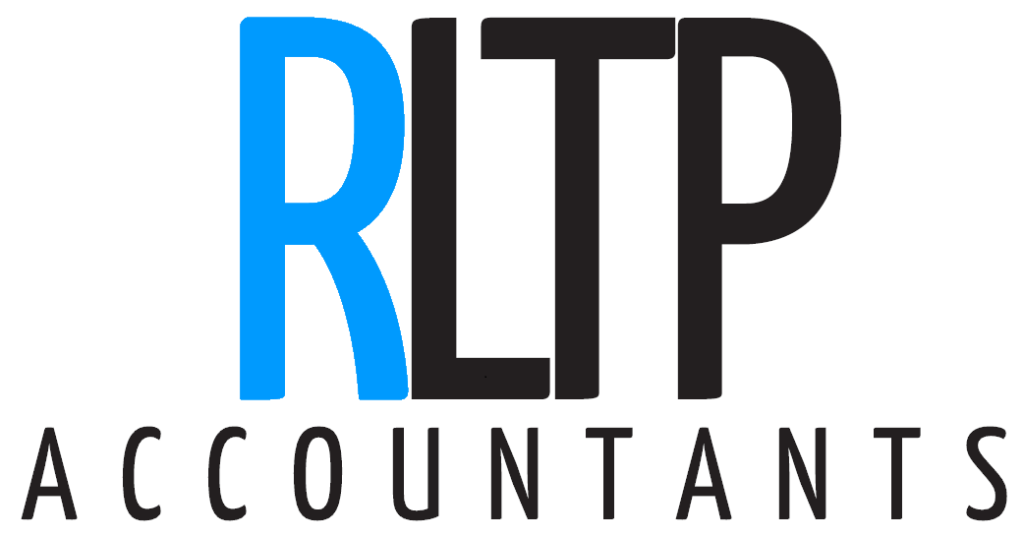Capital Gains Tax refers to the amount of tax you owe on any profit you make when selling, or disposing of, a particular asset that has increased in value. Instead of being taxed on the amount of money you received for something, you’ll simply be taxed on the amount of money you made. For example, if you bought a valuable piece of artwork for £5,000 and sold it for £20,000, then instead of paying tax on £20,000, you’ll pay tax on the £15,000 profit you made.
There are some assets that are tax-free and you also won’t be required to pay Capital Gains Tax if all of the profit you make comes within your tax-free allowance for that year. As of April 2020, property owners will be taxed on their gains much earlier than previously. Gains should be declared within 60 days of the sale. Principal Private Residences are still exempt from Capital Gains Tax.
For example, if you bought an investment property for £50,000 and then sold it on for £200,000, you’ll now be taxed on the £150,000 you’ve made. But when it comes to declaring the gains made from a house sale, there are certain requirements you’ll have to meet.
When it comes to property within the United Kingdom, you’ll possibly be required to declare Capital Gains within 60 days from the date of sale. You must also include the gain on your self assessment tax return. If there is taxable gain, you will also be required to complete a self assessment, even if your other earnings are PAYE or Pension. This is where RLTP Accountants come in.
We’ll be able to complete the submission for you with a swift turnaround, so you’ll always be able to count on our dedicated team of accountants. All other Capital gains should be declared on a self assessment, which we’re also happy to help you with by way of our sterling self assessment services.
